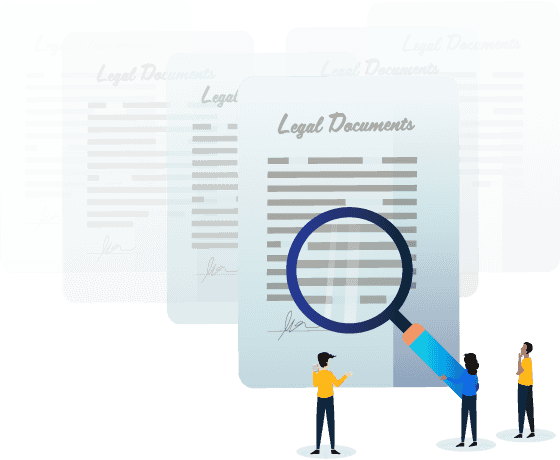What Are Reference Checks? Why Are They Important?
Reference checks are an integral part of the hiring process. Hiring the right people for your business is one of the biggest and most important decisions to make. As a result, getting to know them during the hiring process is key. The best way to do this is through professional, character and personal references. It’s the perfect time to gather information on their employment history, work ethic, interests, responsibilities, problem solving abilities and even performance under pressure.
The 7 Key Areas To Address In Every Reference Check
There are certain things that must be addressed in all reference checks. This will change depending on if it is a personal or professional reference, however, similar basics apply. It is important to be specific with the questions, in order to gather relevant and useful information. This may mean asking for an example with your question, or further elaboration on a particular role/leadership moment/project etc. Key areas to address during the reference interview include:
1. Candidate Verification
Firstly, and most importantly, a reference is for verification. As a result, you must start with basics – ensuring the person you met in the interview is the person you are employing. Asking questions like:
- What was the candidate’s role at your company?
- What responsibilities did this include?
- Were they responsible for other employees?
- Why did they leave this job?
These could all be helpful in ascertaining the validity of the candidates’ resume and job application.
2. Personal Questions
For both personal, character and professional references – overarching and broad questions on the candidates strengths and weaknesses, personal attributes, working style, specific skills will be useful. For example, if it is a professional reference it may include:
- Would you consider them a useful and productive employee?
- Would you rehire the candidate?
3. Responsibility Based Questions
Checking on how the candidate deals with responsibility is important. Make sure the interviewee knows the nature of the job and what it requires. Then ask them about how they think the candidate will go with some of the responsibilities:
- Do you think this candidate is suited to this job and it’s responsibilities?
Perhaps also asking them for examples of a time when they showed similar levels of responsibility would be useful.

Get your full time employment agreement now for free.
Hire your employees and protect your business with our full time employment agreement.
4. Leadership Questions
No matter the role, leadership of some form plays a role in performance. To investigate the candidates aptitude in this field, ask questions like:
- Did the candidate have any leadership roles that you know of?
- What was he/she responsible for?
- How well did they deal with this leadership responsibility?
- Would you say they were efficient/inspiring/productive/greedy/helpful as a leader?
- How would you rate their leadership skills out of 10?
5. Problem Solving Under Stress Questions
Stress testing the candidate before employing them is integral. Employees are human and for that reason, come with their faults. Ensuring you know about as many of these as possible, and how they deal with vulnerability/adversity/stress/conflict, will be key to their employability. It may also highlight a true strength.
For example:
- Do you think the candidate copes well in high pressure environments?
- Can they problem solve quickly and adequately?
- Is he/she an innovative thinker in harsh environments?
- Are they good with workplace/client conflict?
6. Workplace Environment Questions
Workplace environments are complex. They may be the single biggest contributor to your companies failure or success – to ensure you get the environment right is important. Check out a similar article on this here.
Ask questions like:
- Does the candidate get on well with coworkers/management?
- Would you consider them introverted or extroverted in the workplace?
- What is their style of working… individualistic, team based, high pressure, self starter etc…?
7. Advice Based Questions
At the end of a reference interview, always ask the referee for their advice on the candidate. In doing so, you have given them the opportunity to provide you with information on managing or motivating the candidate will be helpful if you are serious about employing them.
These questions may include:
- Can you offer me any advice on handling the candidate from a management perspective?
- What do you think fuels the candidate?
- What responsibilities/working styles would they most identify with?
Finally, ask “is there anything else you think I should know about the candidate?”. This provides the referee a chance to open up to you about possible skeletons in the closet, or further gloat about how impressive the candidate is. Either way, it provokes a moment of useful honesty.
For any further advice or clarification, contact one of our lawyers here.
Overall
Reference checks are integral to meaningfully growing your business with great hires. For this reason, it is important to get it right by getting to know your candidate during the hiring process. Ensuring you are asking relevant questions in the areas listed above, will provide a holistic picture of the candidate and how they might fit in with your business.
For similar articles, check out our legal guides on what to include in performance reviews and 10 questions to ask a candidate in an interview.




